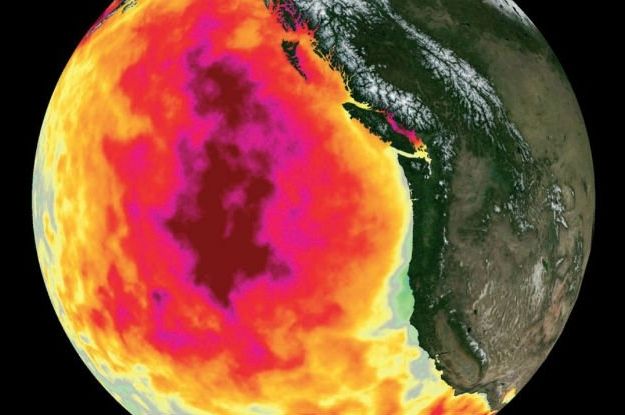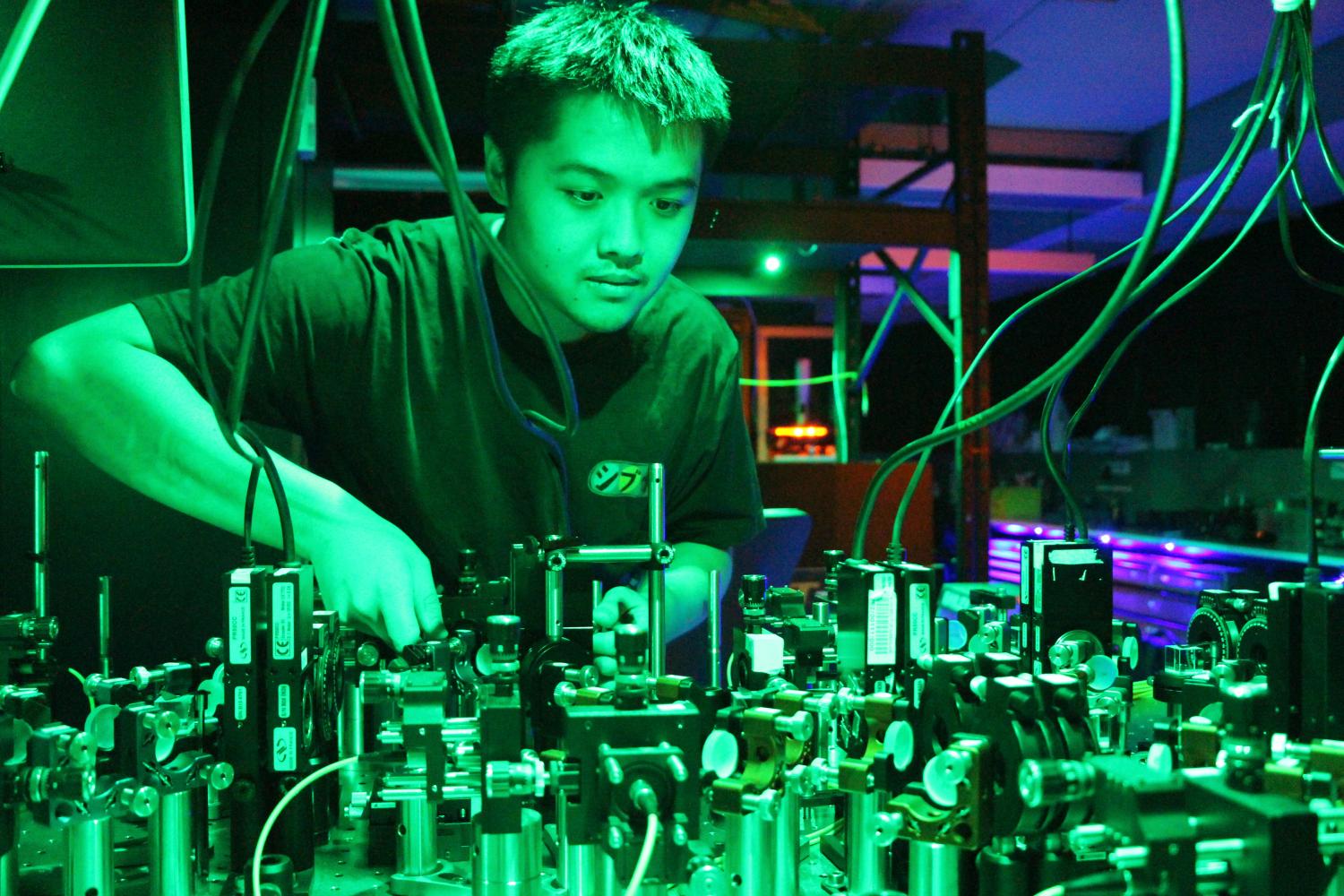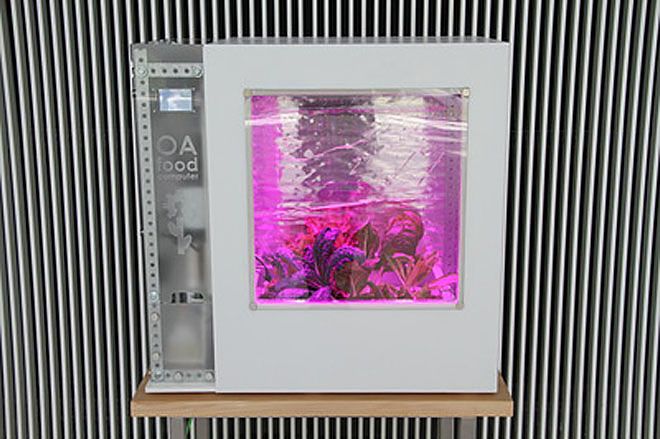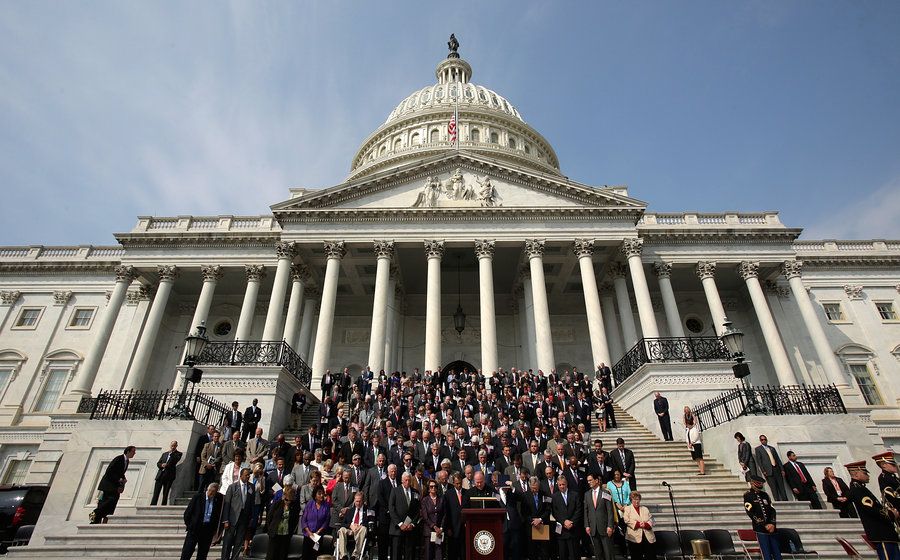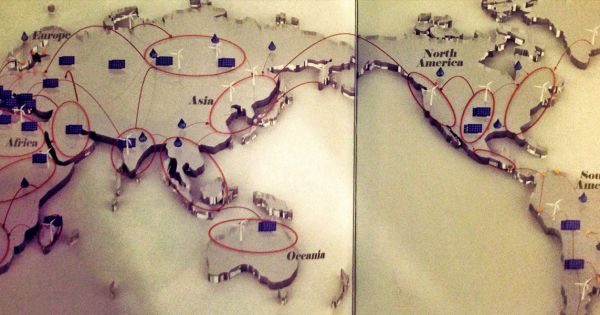Feb 18, 2017
A Massive ‘Blob’ of Abnormal Conditions in the Pacific Has Increased Ozone Levels
Posted by Dan Kummer in category: climatology
A vast patch of abnormally warm water in the Pacific Ocean — nicknamed the blob — resulted in increased levels of ozone above the Western US, researchers have found.
The blob — which at its peak covered roughly 9 million square kilometres (3.5 million square miles) from Mexico to Alaska — was assumed to be mainly messing with conditions in the ocean, but a new study has shown that it had a lasting affect on air quality too.
“Ultimately, it all links back to the blob, which was the most unusual meteorological event we’ve had in decades,” says one of the team, Dan Jaffe from the University of Washington Bothell.
